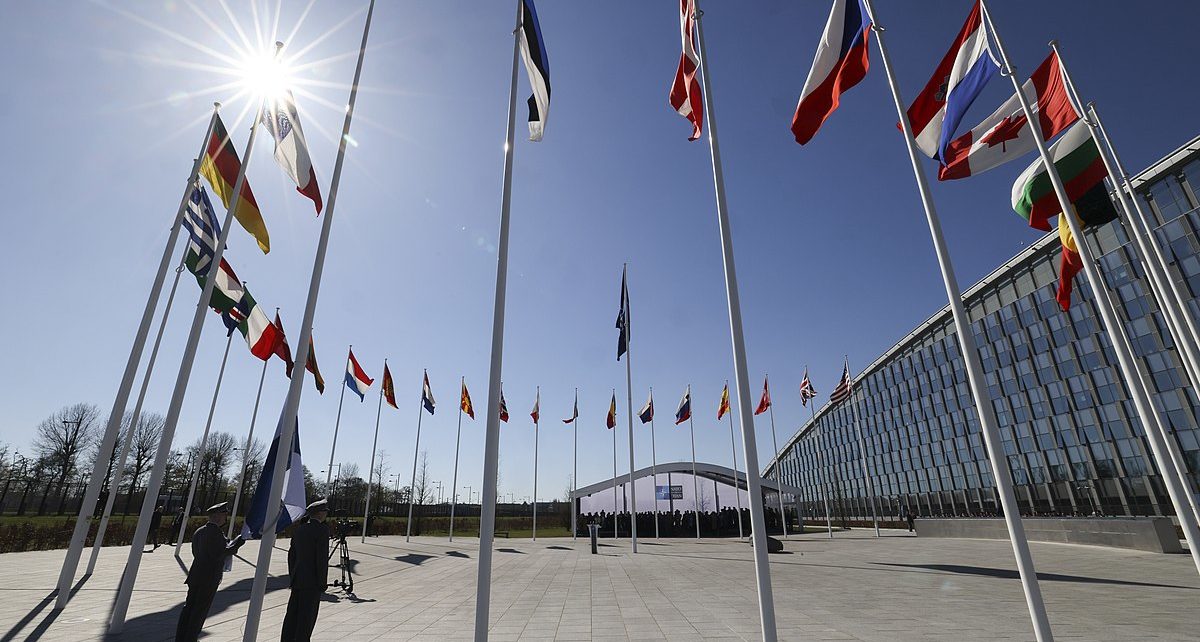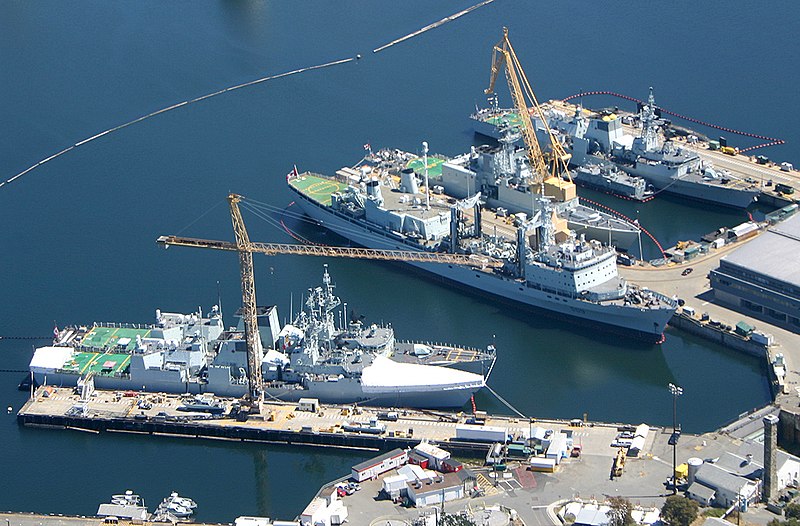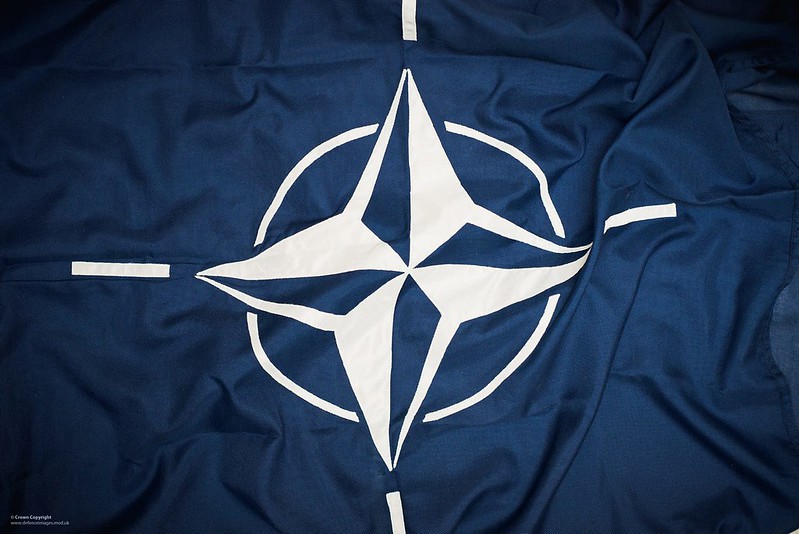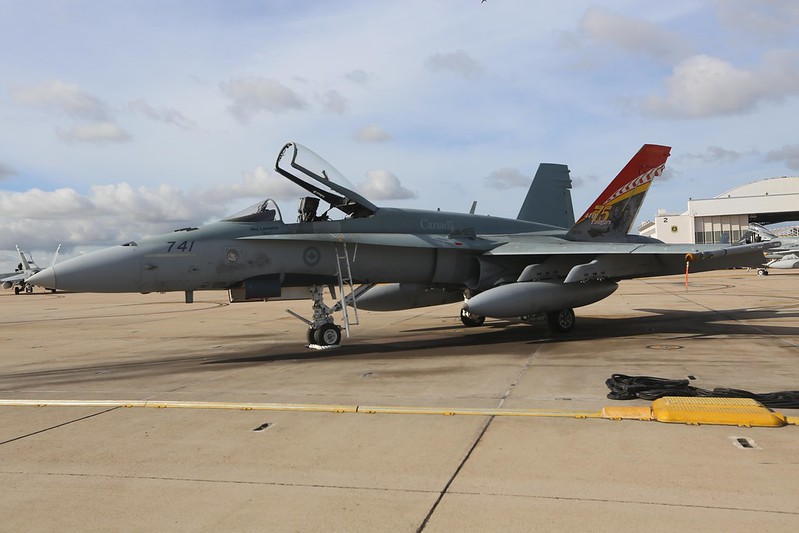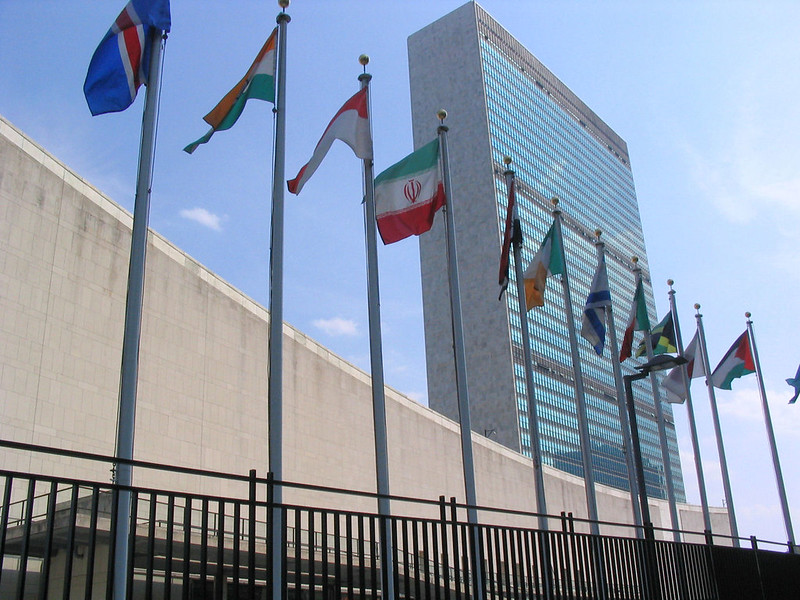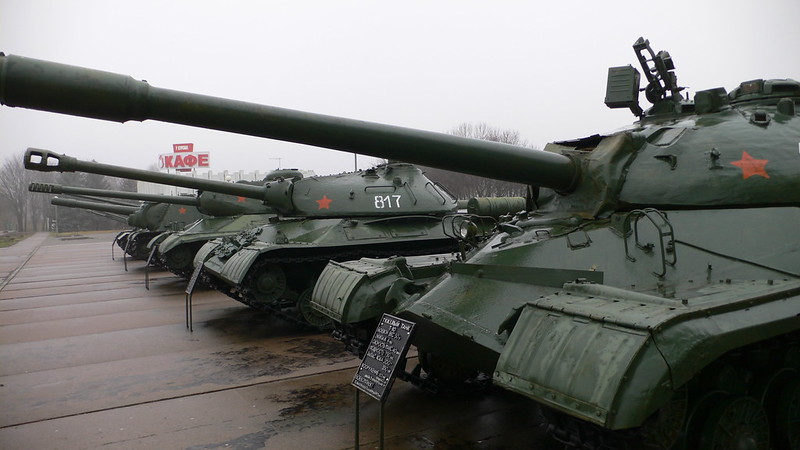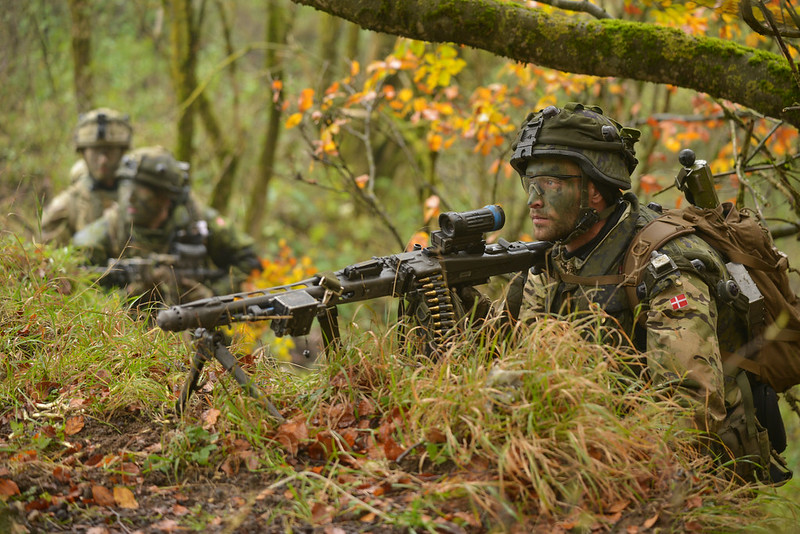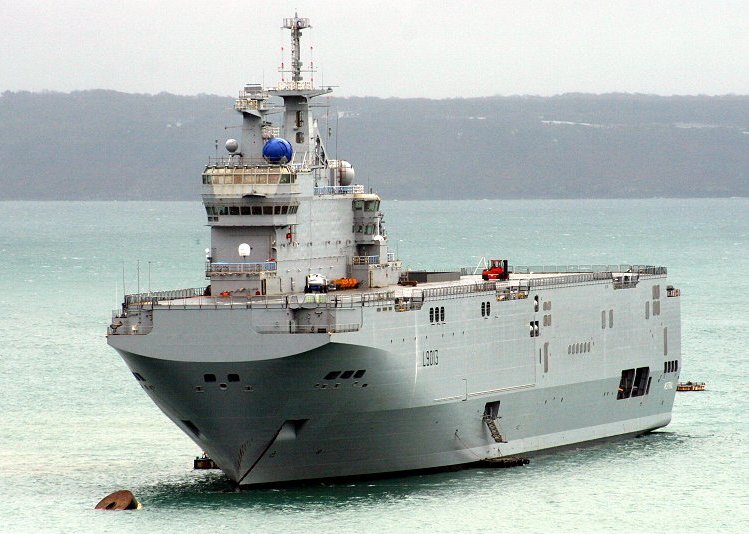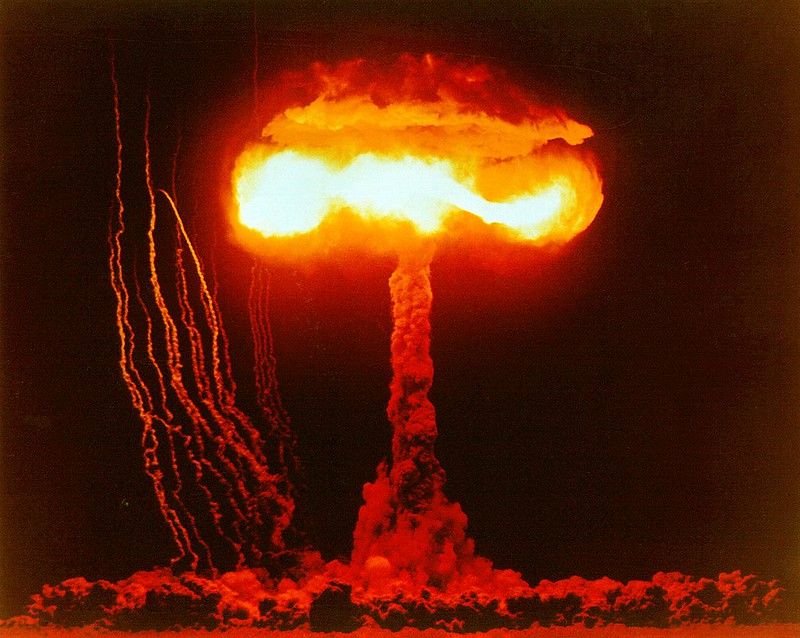As NATO’s seventy-fifth anniversary approaches, the alliance finds itself confronted by Russian revanchism and invasions in Eastern Europe, growing anti-Western alliances in Asia, and tenuous and uncertain political trends in many member nations. Yet to NATO, this is familiar territory – much of the same dynamics are occurring now as during the Cold War (1947-91), Read More…
Author: Joseph De Sapio
Energy Security is No Longer a Luxury: Canadian and European Perspectives
Energy Security is No Longer a Luxury: Canadian and European Perspectives This event was live broadcast on our YouTube channel, and a recording can be viewed here. This webinar addressed the new geo-economics of energy production and consumption with special attention to Canada, Europe and their roles in global energy markets. The panelists considered the Read More…
Canada’s Indo-Pacific Strategy: An Overdue Conversation
Canada has recently published its long-awaited Indo-Pacific Strategy (IPS), which provides a comprehensive roadmap for managing opportunities and mitigating threats in the region. There are plenty of each: the opportunities to increase trade, bilateral foreign direct investment (FDI), and “person-to-person” connectivity (i.e., educational exchanges or cultural programs) are extensive across the theatre. Similarly, however, the Read More…
Should NATO Expand to include non-European States?
NATO has undergone several periods of expansion throughout its long existence. From the original 12 member states in 1949, NATO has expanded to include 30 members now, plus the imminent accession of Finland and Sweden to the alliance. NATO’s expansion has at times been controversial. After the fall of the Soviet Union, many argued that Read More…
Canada Urgently Needs a National Security Policy
It has been a busy year for policymakers and strategic thinkers in Canada. Confronting Russian aggression in Europe, balancing the Chinese and Indian relationships, and isolating the Russian economy has proven to be difficult. Domestic unrest due to supply-chain disruptions and exorbitant energy and fuel cost increases has proven to be equally challenging in many Read More…
The Age of Crises? A Primer for the Mid-Twenty-First Century
The British historian Eric Hobsbawm once argued that the nineteenth century had three fundamental periods of change: the “Age of Revolution,” “Age of Capital,” and the “Age of Empire,” which subsequently formed the titles for his magisterial history of that century. His further look at the twentieth century was neatly summarized as the “Age of Read More…
A Retrospective Review of Red Storm Rising: Relevant Revival or Russophobic Relic?
Often praised as the father of the ‘techno-thriller,’ Tom Clancy used rigorous attention to detail, combined with meticulous research into political and military affairs, to produce a series of best-selling books in the 1980s and 1990s. One of these, a collaboration with author Larry Bond, was Red Storm Rising (1986), which centred on a hypothetical Read More…
Performing does not Equal Conforming: NATO and Standardization
As a group of thirty nations, NATO militaries are required to standardize their ammunition, logistics, tactics, and ranks to make it easier to operate as a whole. In actual combat conditions, a multinational coalition of soldiers might suddenly need to operate equipment from another member state’s military, and standardizing equipment ensures their ability to keep Read More…
Canada Should Increase its Maritime Power-Projection Capabilities
In 2019, the federal government selected the replacement for the Royal Canadian Navy’s (RCN) aging Halifax-class frigates and Iroquois-class destroyers: the fifteen new Canadian Surface Combatants (CSC) will be a modified British frigate designed to operate as an anti-air or anti-submarine platform in coastal waters and the open ocean. In concert with the four Victoria-class Read More…
How Might NATO Respond to a Possible Russian Tactical Nuclear Detonation?
A potential Russian nuclear detonation in Ukraine would change the face of that conflict. How might NATO choose to respond?

